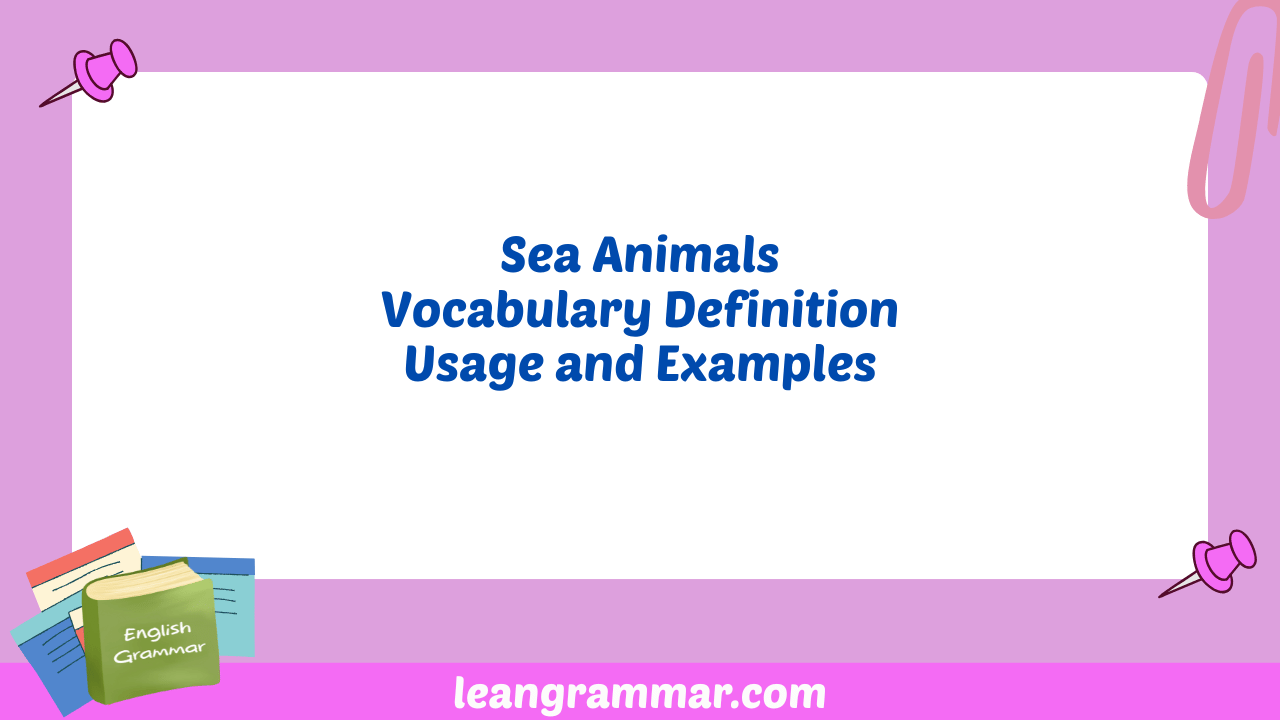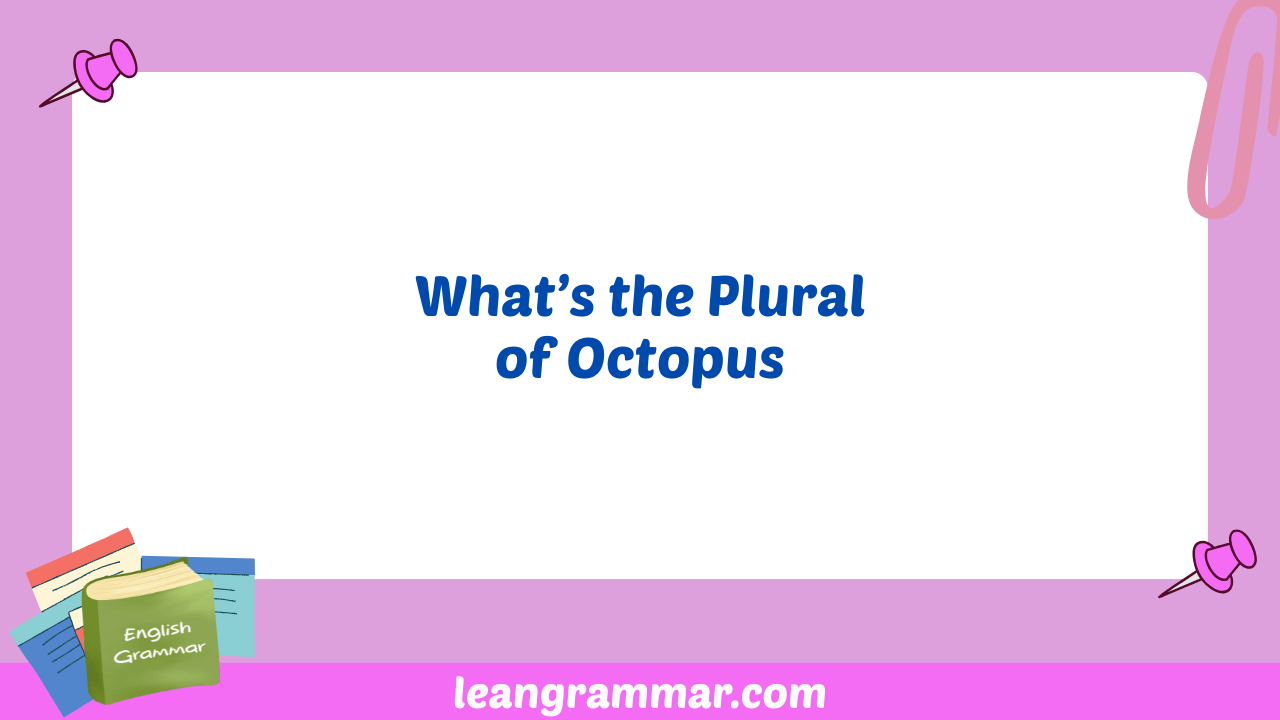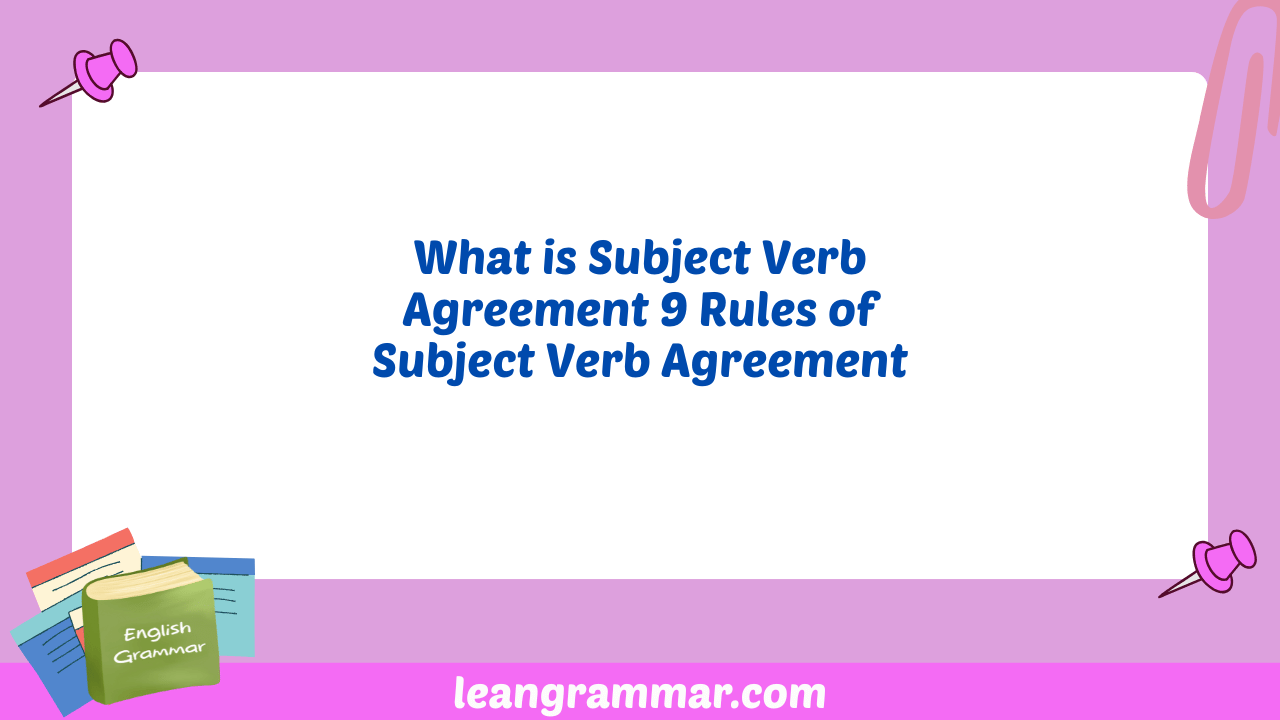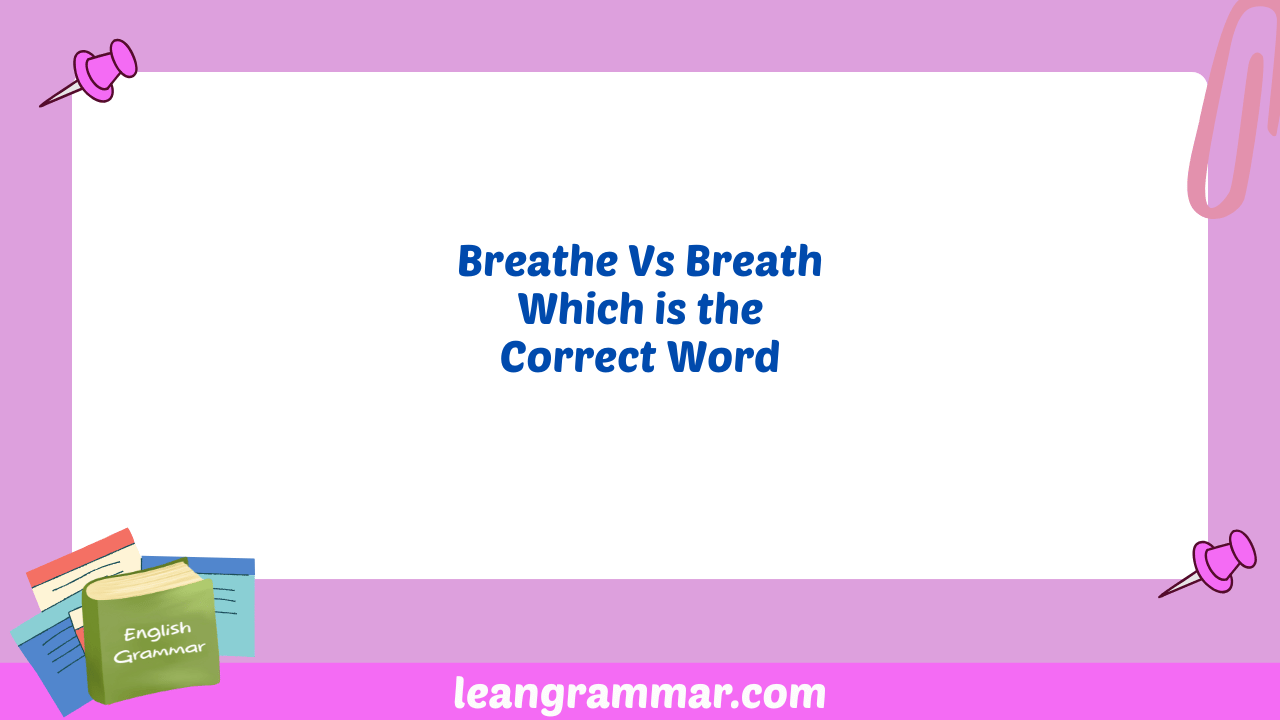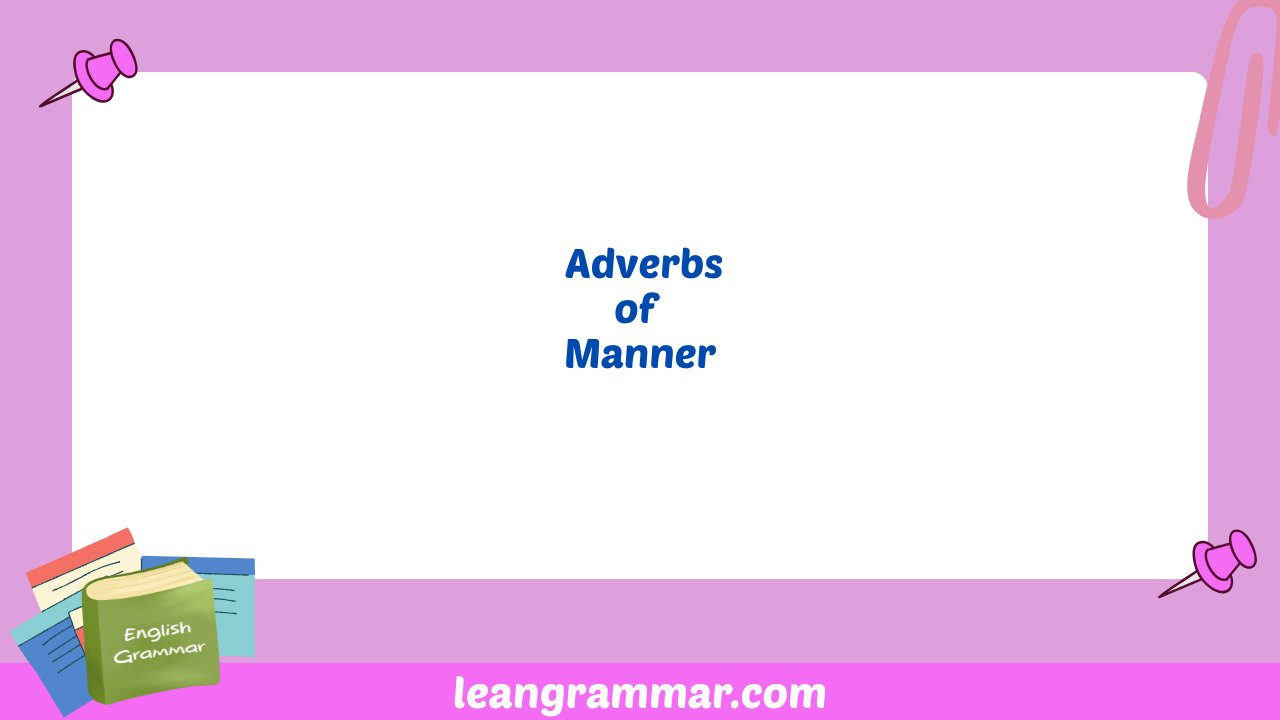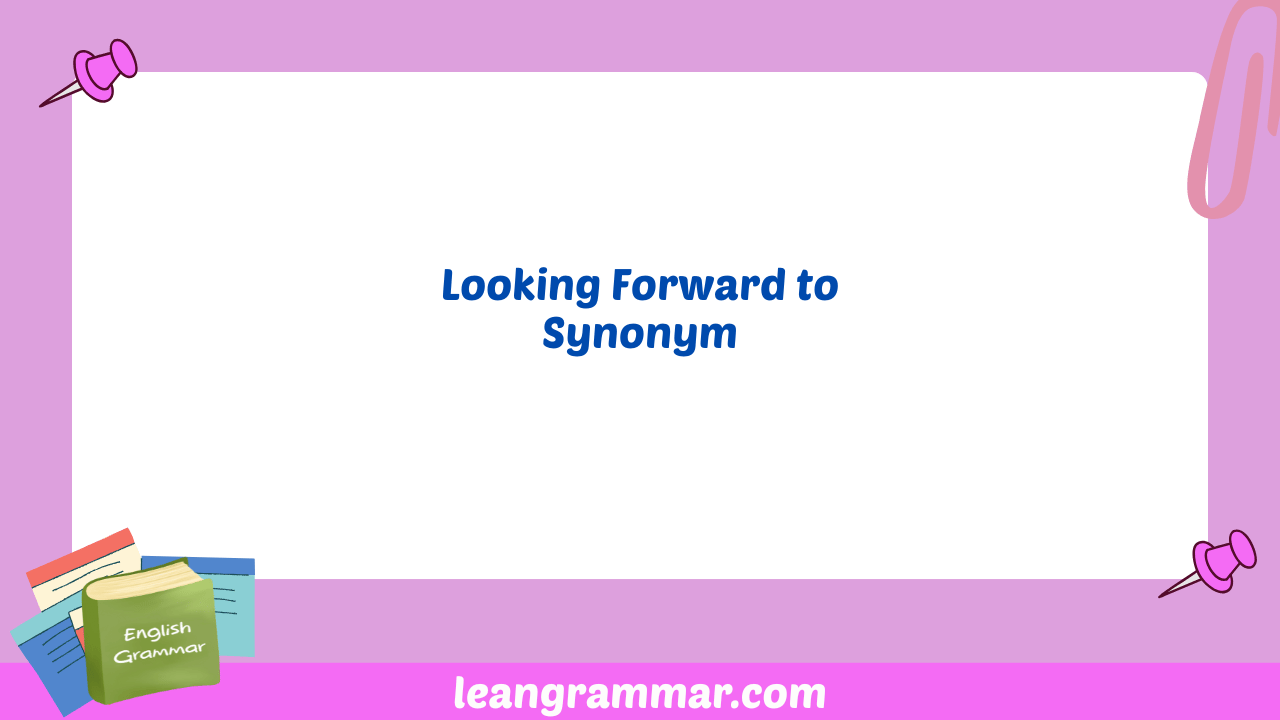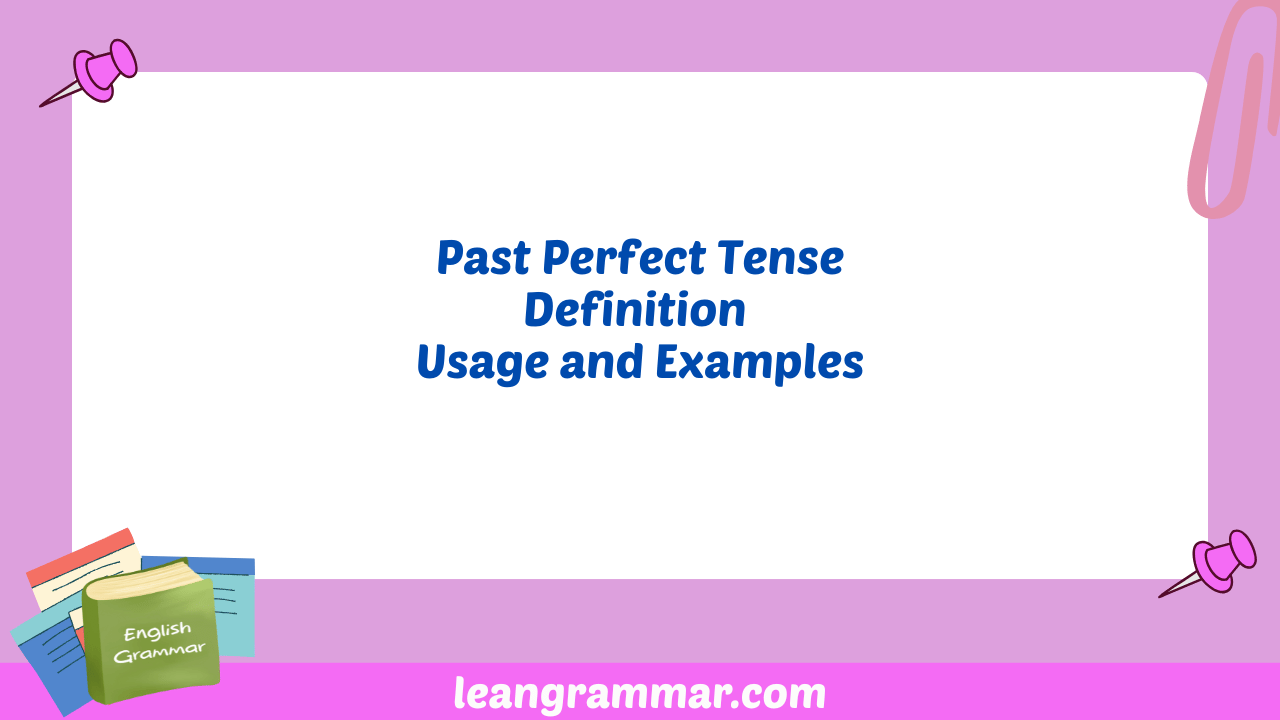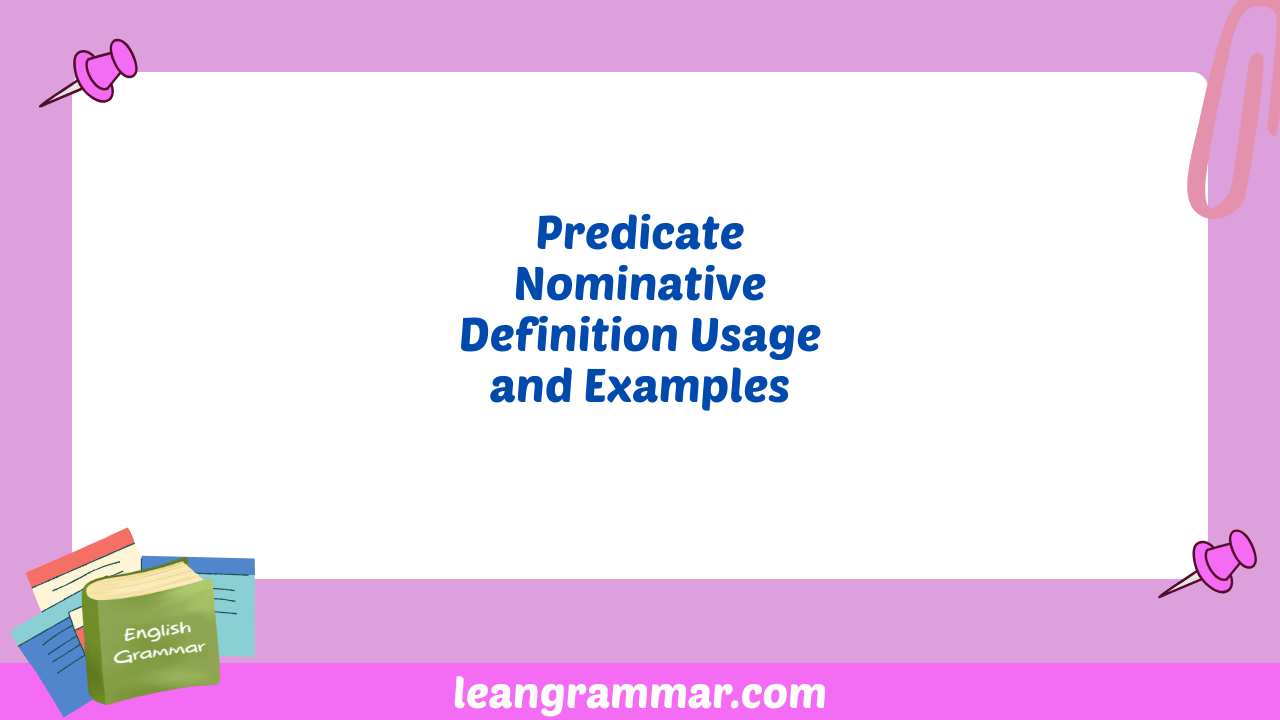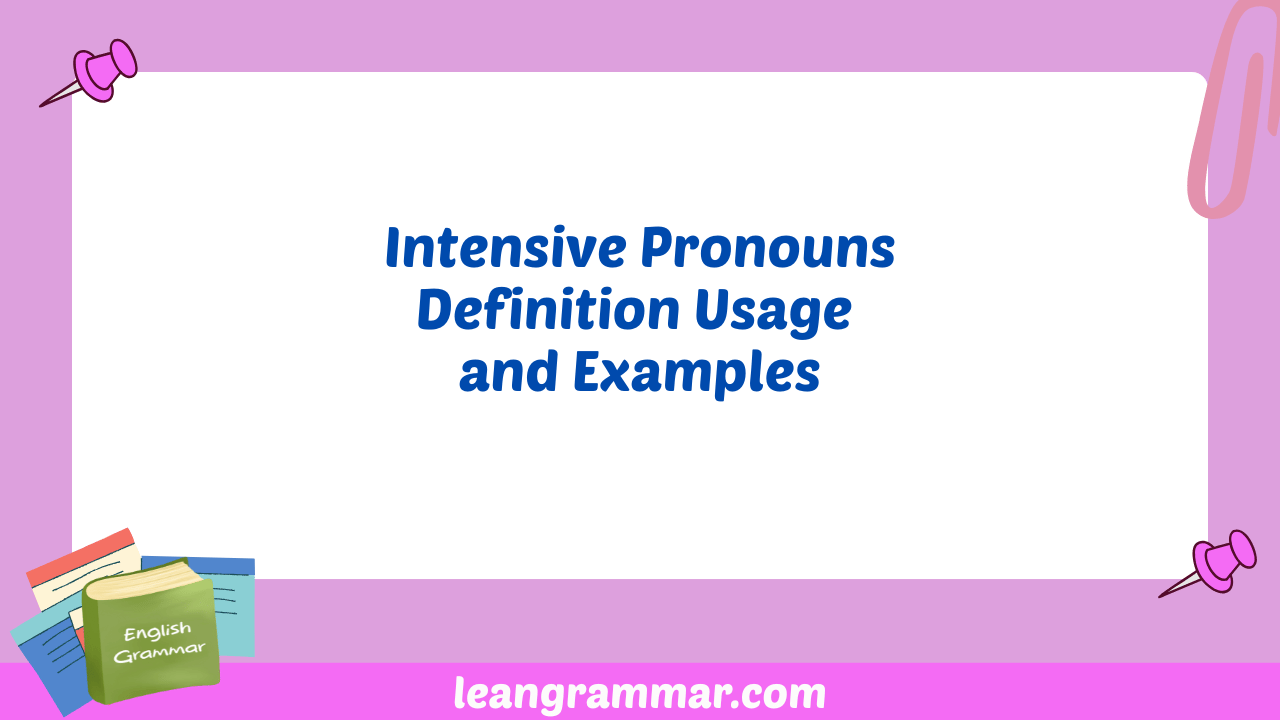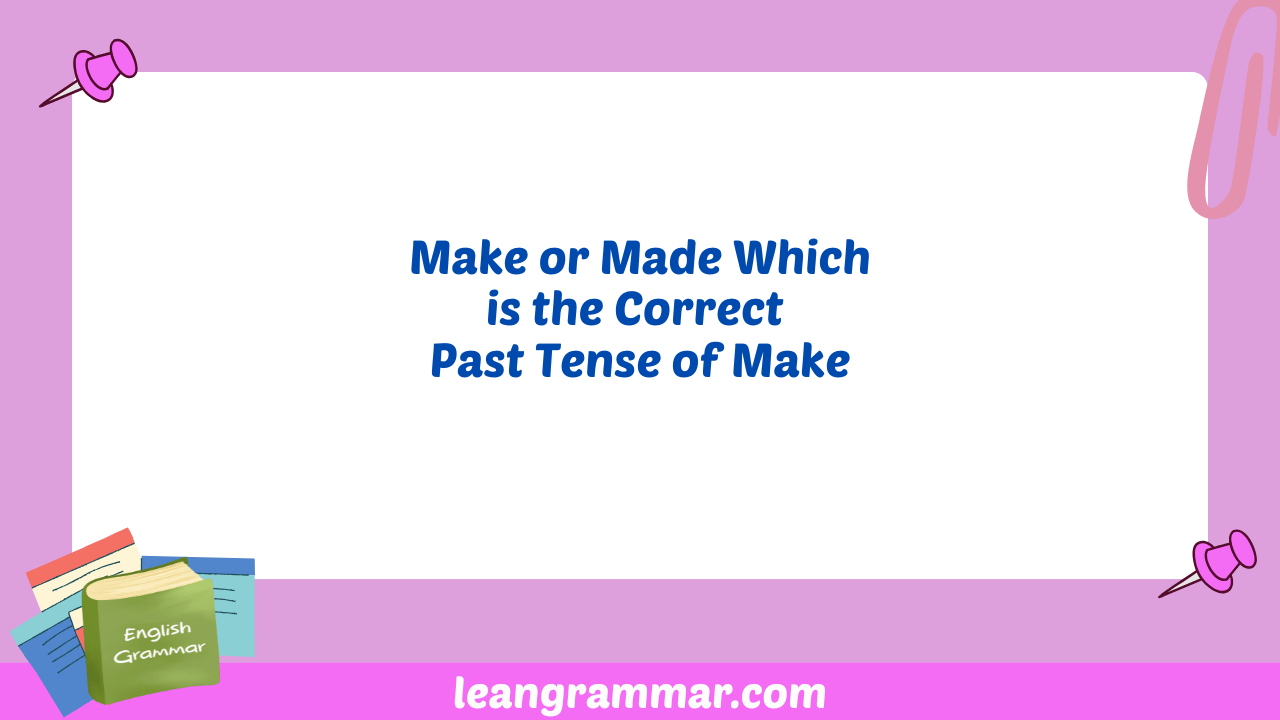Sea Animals: Vocabulary, Definitions, Usage, and Examples
Understanding the vocabulary related to sea animals is crucial for effective communication about marine life, conservation efforts, and ocean-related topics. This knowledge is essential for students, marine biologists, environmentalists, and anyone interested in the ocean. This article provides a comprehensive guide to sea animal vocabulary, including definitions, structural usage, categories, examples, common mistakes, and practice … Read more
